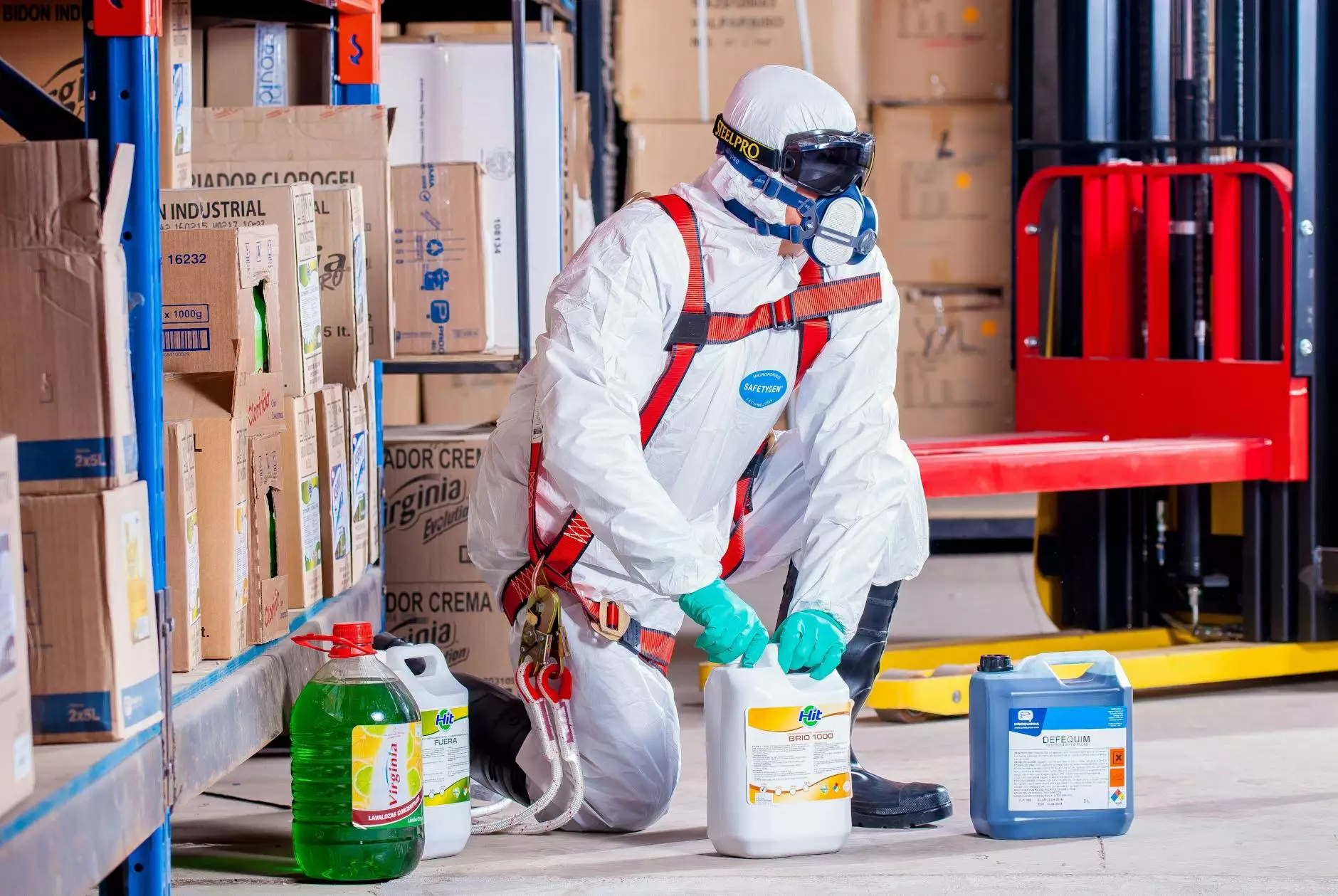The Importance of H2S Safety Certification in the Educational Services Industry

Introduction
The educational services industry plays a critical role in shaping society by providing specialized knowledge and skills to individuals. Within this vast industry, special education encompasses various training programs, including H2S safety certification. In this article, we will explore the importance of H2S safety certification in the educational services sector and highlight the benefits of obtaining specialized training to prevent H2S hazards.
Understanding H2S Hazards
H2S, or hydrogen sulfide, is a highly toxic gas commonly found in industries such as oil and gas, mining, and wastewater treatment. Exposure to H2S can have severe health effects, ranging from eye and respiratory system irritation to more serious consequences like loss of consciousness or even death. The gravity of these risks necessitates proper training and certification for individuals working in industries where H2S exposure is a potential threat.
The Significance of H2S Safety Certification
H2S safety certification is designed to equip individuals in the educational services industry with the knowledge and skills needed to identify, prevent, and respond to H2S hazards effectively. Through comprehensive training programs, participants gain a deep understanding of H2S properties, hazard assessment, personal protective equipment (PPE), emergency response, and evacuation procedures.
The Benefits of Specialized Education
Obtaining specialized education, such as H2S safety certification, offers numerous advantages for individuals and organizations within the educational services industry. Let's explore some of the key benefits:
Ensuring Workplace Safety
By acquiring H2S safety certification, educational service providers ensure the safety and well-being of their staff and students. Understanding the potential risks associated with H2S and implementing preventive measures allows educational institutions to create a secure environment conducive to learning.
Compliance with Regulations
In many industries, including educational services, complying with safety regulations is crucial. H2S safety certification helps educational institutions stay compliant with local, state, and federal regulations, thereby avoiding penalties and legal repercussions.
Enhancing Professional Reputation
Specialized training and certification demonstrate a commitment to excellence and professionalism within the educational services industry. Institutions that prioritize H2S safety certification signal their dedication to maintaining high standards, which can enhance their reputation and attract more students and clients.
Broadening Career Opportunities
Individuals who possess H2S safety certification differentiate themselves in a competitive job market. Not only does certification validate their expertise, but it also opens doors to various positions that require knowledge of H2S safety protocols. This certification becomes a valuable asset for career progression.
The Role of H2S Safety Certification Training
H2S safety certification training equips individuals with crucial skills to mitigate H2S hazards effectively. Some key elements covered during the training program include:
H2S Properties and Characteristics
Participants learn about the properties, characteristics, and behavior of H2S gas, allowing them to understand its potential risks and implement appropriate safety measures to minimize exposure.
Hazard Assessment
Through hazard assessment training, individuals develop an understanding of how to identify potential H2S exposure sources and evaluate the level of risk associated with them. This knowledge helps in designing preventive strategies tailored to specific scenarios.
Personal Protective Equipment (PPE)
Effective usage of Personal Protective Equipment (PPE) is essential in mitigating H2S-related risks. H2S safety certification training educates individuals on selecting, using, and maintaining PPE in line with industry standards, ensuring their safety during H2S exposure incidents.
Emergency Response and Evacuation Procedures
An integral part of H2S safety certification is learning how to respond swiftly and appropriately during emergencies. Participants acquire the necessary knowledge to handle H2S-related incidents, including evacuation procedures, first aid techniques, and emergency communication protocols.
Conclusion
H2S safety certification holds immense importance in the educational services industry. The specialized knowledge and skills gained through this certification equip individuals with the ability to prevent and respond to H2S hazards effectively. Educational institutions that prioritize safety and invest in comprehensive training programs demonstrate their commitment to providing a secure environment for their staff and students. Additionally, H2S safety certification enhances professional opportunities, fosters compliance with regulations, and bolsters the reputation of educational service providers. By recognizing the significance of H2S safety certification, the educational services industry can drive positive change and ensure the well-being of all involved.








